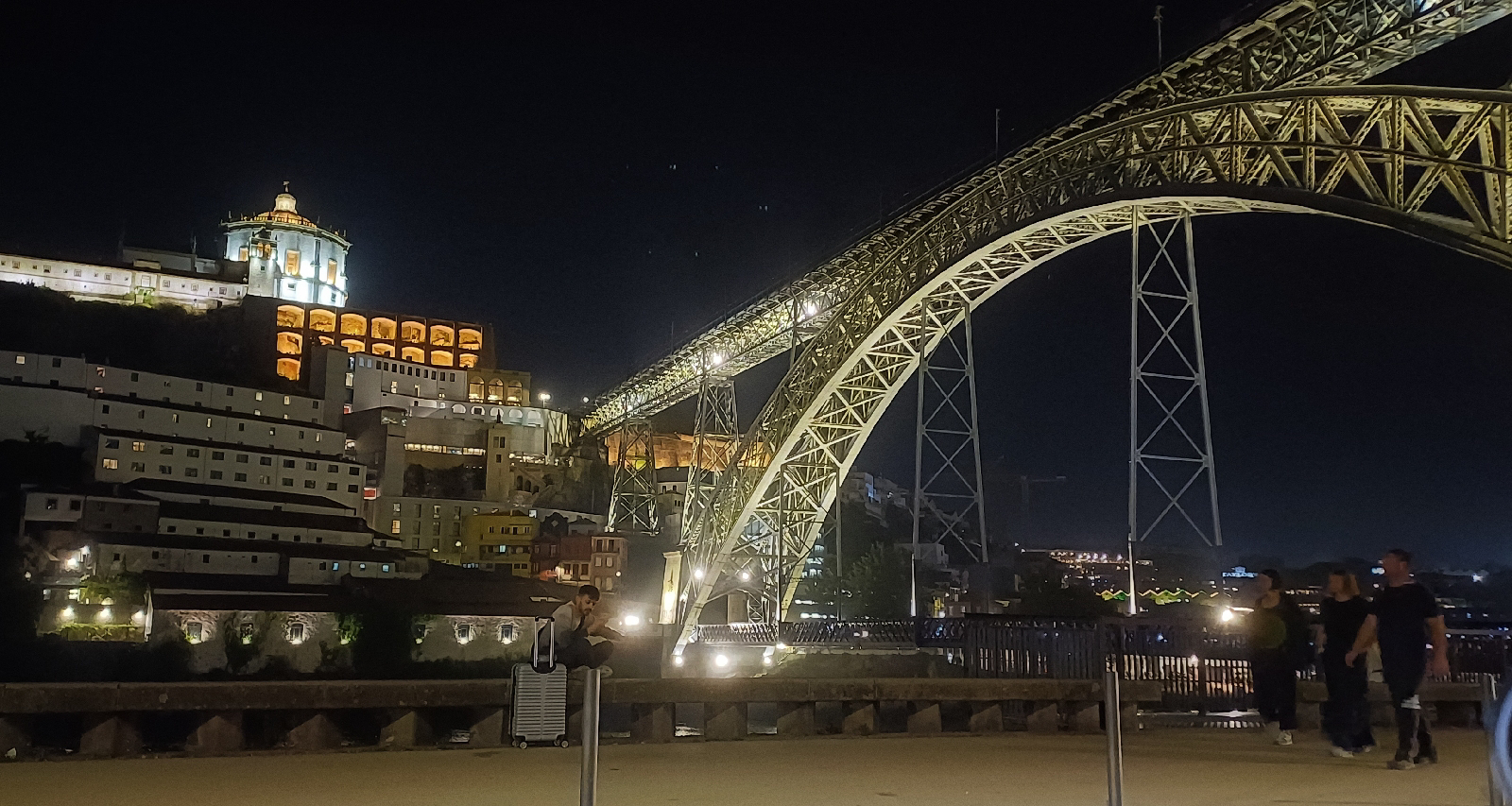Discover Romantic Porto: Museum, Gardens, and History at Quinta da Macieirinha
The Romantic Museum is located in Quinta da Macieirinha, an old 18th century country house, part of a green area comprising the Crystal Palace Gardens and the Tait House Gardens. It was the final resting place of the King of Piedmont and Sardinia, Charles Albert, in 1849, and was acquired by Porto City Council in the 20th century and opened as a museum in 1972.
As a recreation of a bourgeois house from the mid-19th century and, at the same time, a place evocative of the memory of King Charles Albert of Savoy, it benefited from replicas of pieces that made up the house at the time when the monarch lived there, based on drawings and watercolors of the King's rooms and other documents from the time.
The space has undergone several renovations over the course of five decades, and since 2022 has been presenting the exhibition "Metamorphoses: Vegetal, Mineral and Animal Immanence in the Romantic Domestic Space", which brings together a large number of pieces, some previously shown at the Romantic Museum and in other spaces of the Porto Museum, others never before exhibited, highlighting the quality and diversity of the municipal collections, as well as works that are part of public and private collections.
Inspiration was taken from the workspaces of some of the most notable thinkers-researchers of the Romantic era, such as Goethe or Humboldt, but also from collectors such as João Allen.
This space in the constellation of the Porto Museum reflects the heritage and sensitivity of Romanticism and the way in which it continues to be present in the city. The Romantic Paths pass through here, inviting you to discover the Massarelos Valley through four pedestrian routes: Industry, Nature, Water and Carlos Alberto Personality.



Comments
Post a Comment